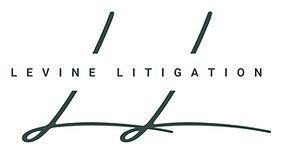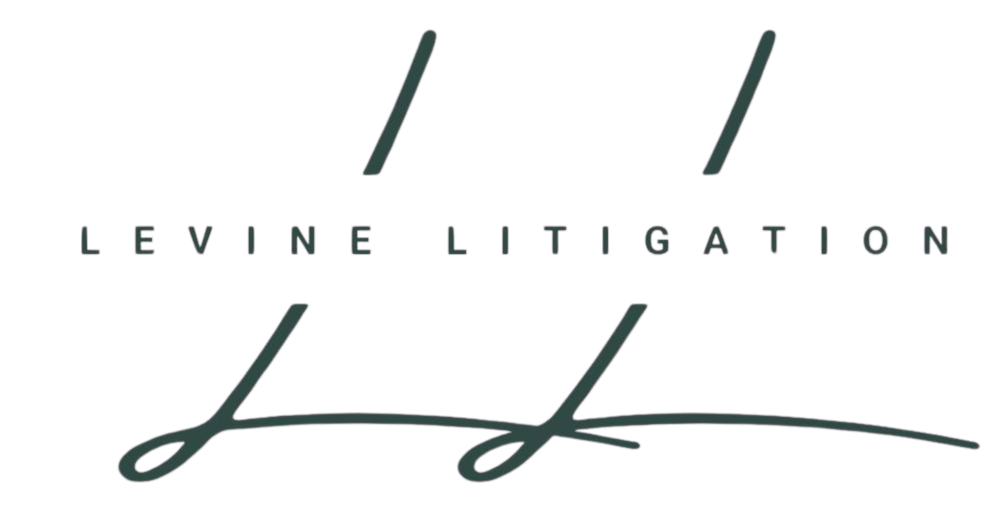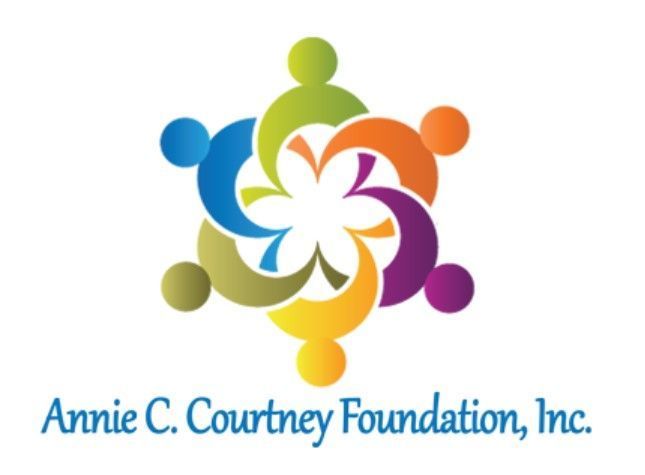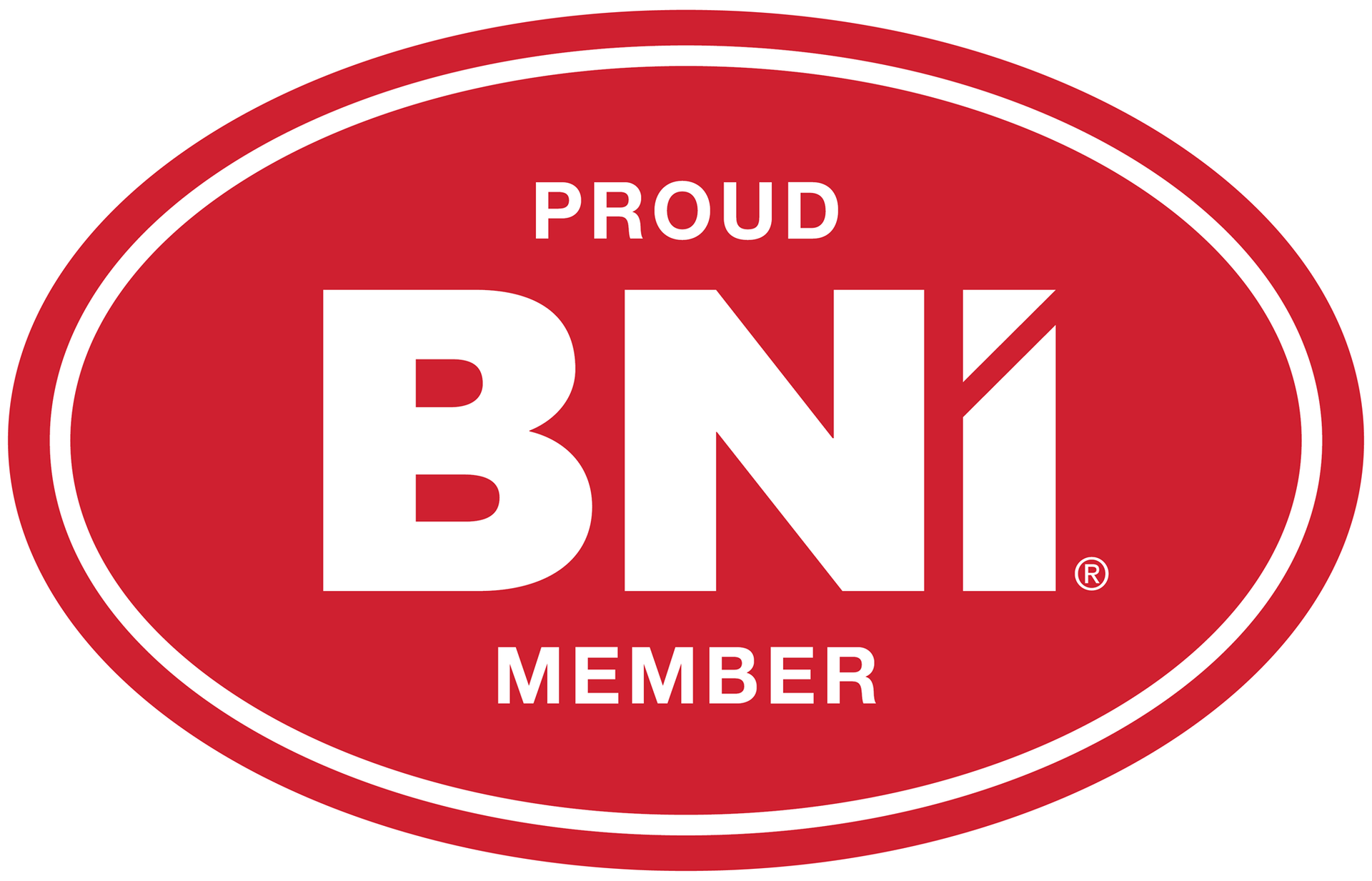What Documents Should I keep during A DCF Investigation?
When involved in a Department of Children and Families (DCF) case, it's important to keep and request relevant documents to ensure that you have a clear understanding of the process and can advocate for yourself and your family effectively. Here are some essential documents to keep or request during a DCF case:
- DCF Reports and Records: Any reports, records, or documents generated by DCF about your case, including investigation reports, safety plans, case plans, and progress notes. These documents provide critical information about the allegations, assessments, and interventions related to your case.
- Court Orders and Court Documents: Any court orders or documents related to your case, including summonses, petitions, motions, and judgments. These documents outline the legal decisions, requirements, and expectations related to your case and can be important for understanding your rights and responsibilities.
- Correspondence and Communications: Any written or electronic correspondence and communications with DCF, including letters, emails, and text messages. These documents can provide important information about communication exchanges, agreements, and decisions made during the course of the case.
- Medical Records: Any medical records related to your child, including medical assessments, treatment plans, and progress notes. These records can provide critical information about your child's health, well-being, and any medical interventions that may be relevant to the case.
- Educational Records: Any educational records related to your child, including school reports, assessments, and Individualized Education Plans (IEPs). These records can provide insights into your child's educational progress, needs, and any special education services that may be relevant to the case.
- Legal Documents: Any legal documents related to your case, including legal representation agreements, court filings, and other legal correspondence. These documents can help you understand the legal aspects of your case and ensure that your rights are protected.
- Parenting or Treatment Plans: Any parenting plans, treatment plans, or case plans developed by DCF or other involved parties. These plans outline the goals, expectations, and requirements for your involvement in the case and can be important for tracking progress and compliance.
- Relevant Personal Documents: Any relevant personal documents, such as identification documents, employment records, housing agreements, and financial records. These documents can help demonstrate your ability to provide for your child and meet any requirements or expectations set by DCF or the court.
It's important to keep all documents organized and readily accessible, and to request copies of any documents that you may not have received. Keeping a record of all communication, maintaining copies of relevant documents, and staying informed about the progress of your case can help you actively participate in the process and advocate for yourself and your family effectively. If you have questions or concerns about the documents to keep or request during a DCF case, it's advisable to seek guidance from a qualified legal professional or advocate.












Share On: